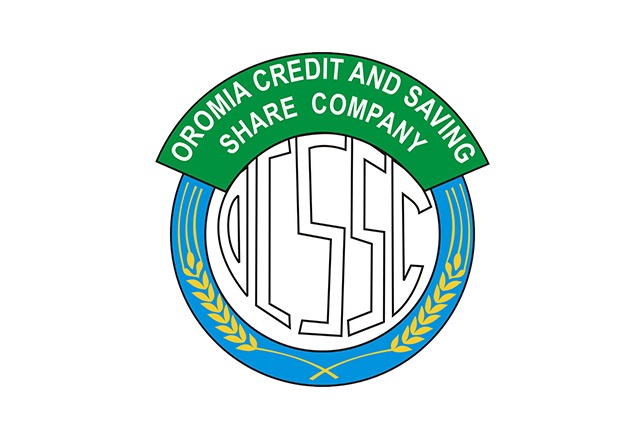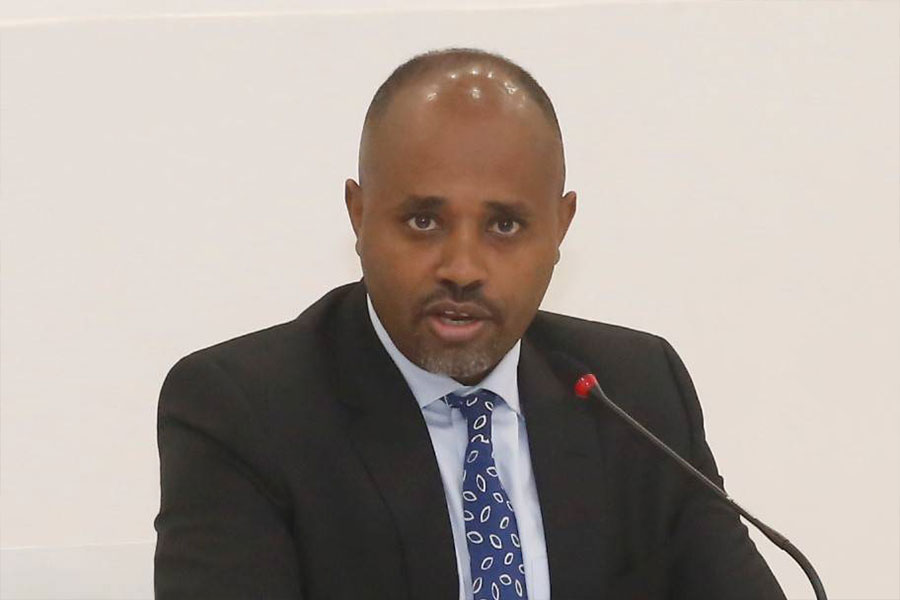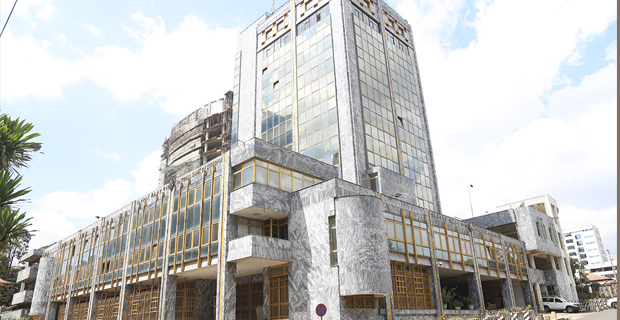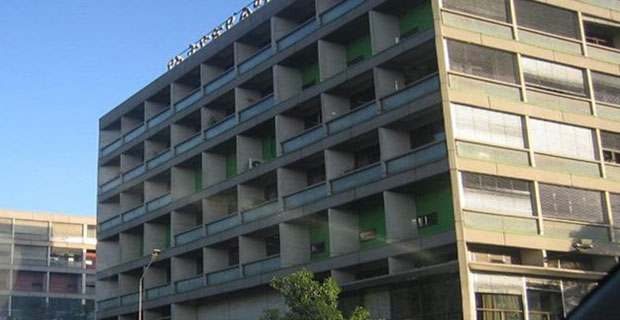
Commentaries | Jun 15,2024
The nascent Islamic banking sector is facing a steep uphill climb as its newest entrants grapple with substantial first-year operating losses. Among these, Hijra Bank, one of the country’s first fully-fledged Islamic banks, incurred a loss of 143 million Br in its inaugural year, generating palpable shareholder discontent during its median annual general assembly.
A glance at the Bank’s balance sheet may portray a concerning forecast. However, Dawit Keno, Hijra’s founding president, believes these are merely birthing pains of an ambitious newcomer. He pointed to a steep surge in operational expenses due to a bold expansion strategy, which saw the launching of 40 branches within a year as a primary reason behind the income-expense mismatch. The Bank spent 166.25 million Br on wages for its 413 staff and administrative expenses while earning an income of a meagre 19.1 million Br. Yet, Dawit contends these high-cost investments in technology and overheads are critical to reaching an underserved clientele.
Despite teething troubles, Hijra Bank attracted over 134,845 customers for its Sharia-compliant services during its first year.
Analysts argue that Hijra Bank must find a way to recoup these initial expenses through an efficient growth strategy. Dawit, however, maintains a bullish outlook, expressing confidence that this assertive spending will deliver returns in the long run.
“It was used for interest-free financing,” Dawit told Fortune.
A veteran with 30 years of banking experience, Dawit is no stranger to the field. Studied economics as a post-grad at Addis Abeba University, he started his career at the state-owned Commercial Bank of Ethiopia (CBE). Subsequently, he rose to the position of Vice President.
A factor that seems to favour Hijra Bank is its high liquidity, with cash and bank balances making up 42.93pc of total assets and 69.08pc of total liabilities. However, analysts stress that this liquidity must be leveraged towards income-generating activities. Dawit shares this sentiment and suggests that these resources will be channelled into interest-free financing.
Hijra amassed total assets of 2.28 billion Br, despite the challenging first year. Although the Bank’s interest-free financing of 839.7 million Br fell short of its competitor - ZamZam’s - performance, it nonetheless disbursed 370.84 million Br, in addition to a Mudarabah investment of 440 million Br. Hijra Bank also mobilised 1.33 billion Br in savings over the operational year.
An analysis of the Bank’s interest-free financing-to-saving ratio, however, highlights an impending challenge. At 27.79pc, Hijra’s ratio is half that of ZamZam. Dawit attributes this gap to the three-month head start that ZamZam had over Hijra.
Islamic banking is relatively new in Ethiopia, a country of over 114 million, with a significant portion practising Islam. Drawing parallels with the success of Malaysia’s Islamic banking sector, which represents about 30pc of its total banking industry, the potential that lies with Ethiopia is massive.
Historically, regulatory resistance posed significant obstacles to the launching of Islamic banking. However, the ascension of Prime Minister Abiy Ahmed (PhD) in 2018 brought a notable shift in this trend, with the inception of ZamZam and Hijra banks as fully Sharia-compliant banks. They were later joined by Shebelle and Rammis banks, further diversifying the nascent sector.
Despite this progress, Islamic banking in Ethiopia is not without its challenges. Research conducted in 2021 revealed significant hurdles, including a poorly structured legal framework, a lack of accounting standards, and the absence of a secondary market for Islamic financial products. According to the researchers, Suadiq Mehammed and Ahmed Nasser, policy responses to these problems must address both institutional and operational aspects, focusing on robust training and research, addressing the scarcity of profit-sharing financial sources, and improving deposit mobilisation.
Practical issues, like a lack of branches in prominent business areas such as Merkato, also added to Hijira’s performance woes during its inaugural year, says Bilal Mohammed, a manager of Nejashi Branch manager, near Olympia roundabout. He noted that this limitation pushed customers towards conventional banking outlets for withdrawals and payments, thereby exacerbating the situation.
Financial analyst Abdulmenan Mohammed (PhD), based in London, observed that Hijra Bank might need several years to post substantial returns. It is a view shared by Nebiyu Nesru, one of the 10,000 founding shareholders, who believes the significant initial investment is a strategically wise move, despite the delayed returns.
“I wouldn’t expect a decent return in the next three years,” Nebiyu told Fortune, adding that improved policy and legal frameworks would help bolster the products offered by Islamic banks.
He also advocated for Hijra Bank to expand its capital base and prioritise employing experienced staff to enhance institutional competitiveness.
In response to these challenges, Hijra’s shareholders agreed during its first general assembly, to increase its capital to six billion Birr to bolster the capital base, exceeding the central Bank’s minimum capital requirement of five billion Birr that all private banks must meet by 2026.
This move follows Hijra’s initial subscribed capital of 1.2 billion Br and 543.1 million Br in paid-up capital. The plan aimed to increase paid-up capital to 979.93 million Br, but the Bank’s total paid-up capital and non-distributable reserves totalled only 862.52 million Br due to the significant loss incurred.
Despite these fiscal challenges, Hijra’s capital adequacy ratio was an impressive 232.58pc. While such a surplus of capital is a positive indicator, it needs to be utilised efficiently and strategically, according to Abdulmenan.
The Bank’s first-year performance has raised questions about Hijra’s growth scalability and ability to convert capital and liquidity into profitable ventures quickly. Analysts warn that the Bank executives’ decision to finance a significant expansion through an ambitious capital may not yield immediate returns due to the niche market nature of the Islamic banking sector and existing regulatory challenges.
Hijra’s management will need to exhibit both strategic insight and perseverance to steer the Bank towards profitability, according to the analyst.
PUBLISHED ON
Jul 01,2023 [ VOL
24 , NO
1209]

Commentaries | Jun 15,2024

Commentaries | May 14,2022

Fortune News | May 23,2021

Fortune News | Feb 16,2019


Fortune News | Feb 18,2023

Radar | Oct 26,2025

Radar | Apr 16,2022

Fortune News | Jan 23,2021

Fortune News | Mar 09,2019

Dec 22 , 2024 . By TIZITA SHEWAFERAW
Charged with transforming colossal state-owned enterprises into modern and competitiv...

Aug 18 , 2024 . By AKSAH ITALO
Although predictable Yonas Zerihun's job in the ride-hailing service is not immune to...

Jul 28 , 2024 . By TIZITA SHEWAFERAW
Unhabitual, perhaps too many, Samuel Gebreyohannes, 38, used to occasionally enjoy a couple of beers at breakfast. However, he recently swit...

Jul 13 , 2024 . By AKSAH ITALO
Investors who rely on tractors, trucks, and field vehicles for commuting, transporting commodities, and f...

Nov 1 , 2025
The National Bank of Ethiopia (NBE) issued a statement two weeks ago that appeared to...

Oct 25 , 2025
The regulatory machinery is on overdrive. In only two years, no fewer than 35 new pro...

Oct 18 , 2025
The political establishment, notably the ruling party and its top brass, has become p...

Oct 11 , 2025
Ladislas Farago, a roving Associated Press (AP) correspondent, arrived in Ethiopia in...